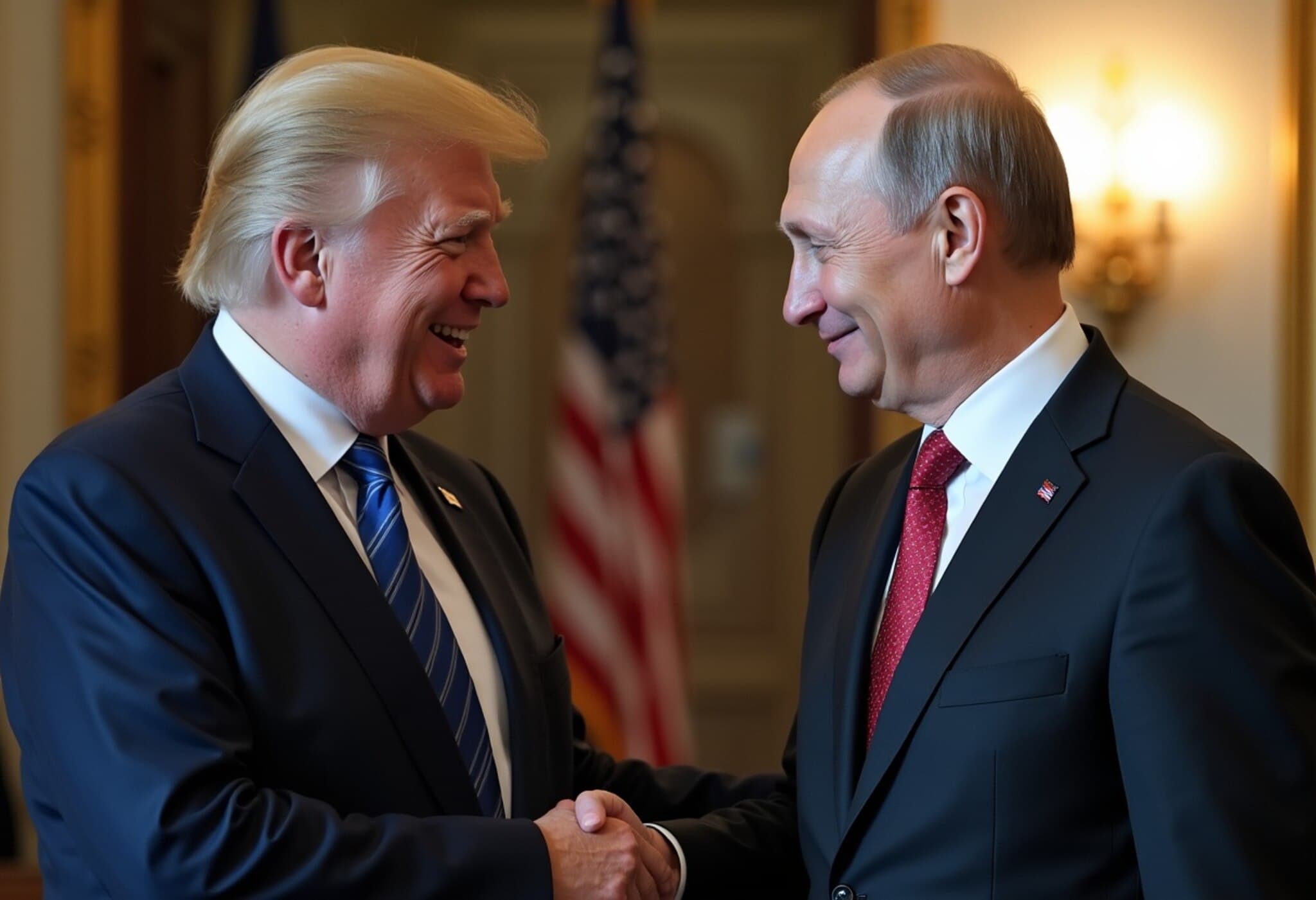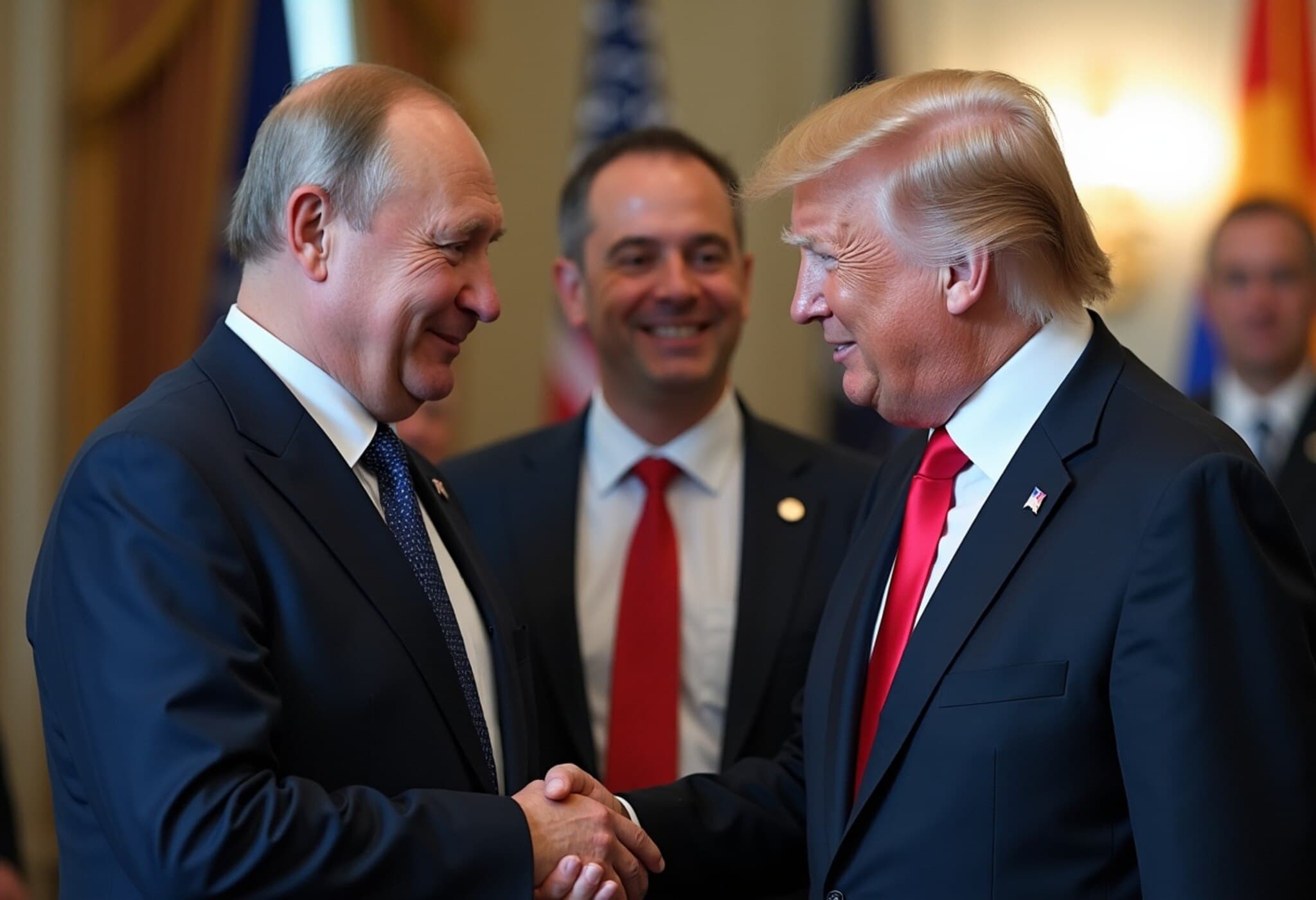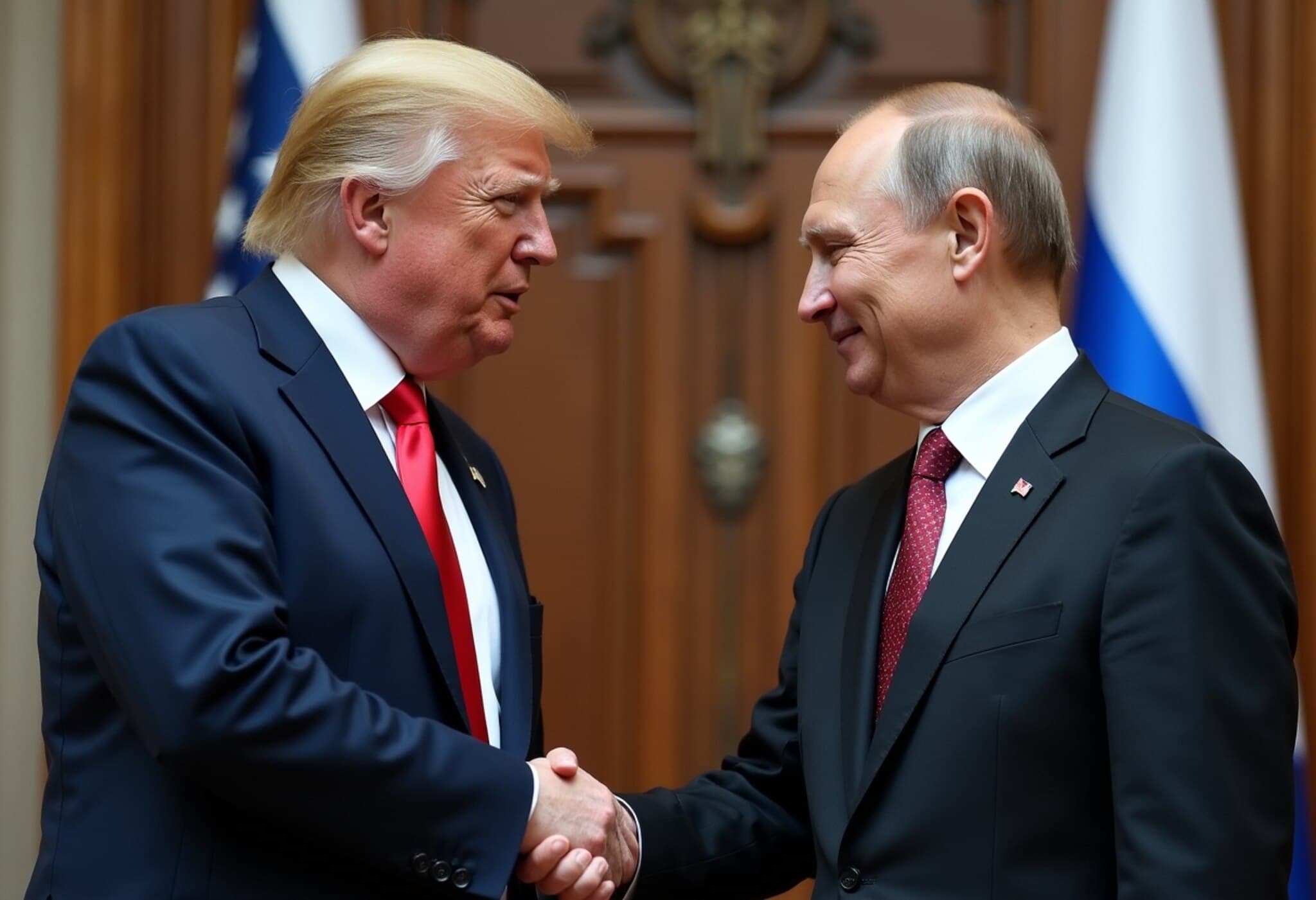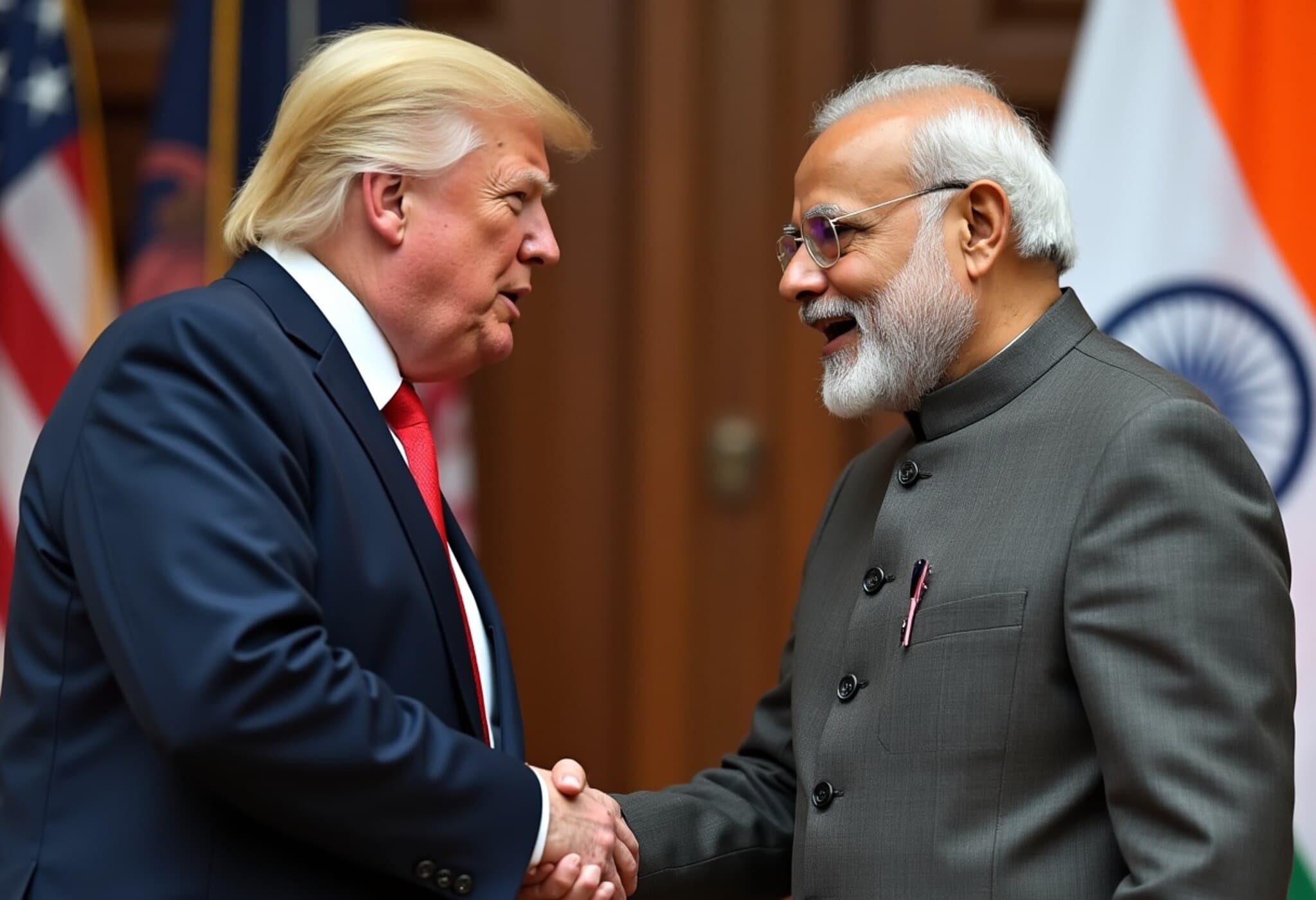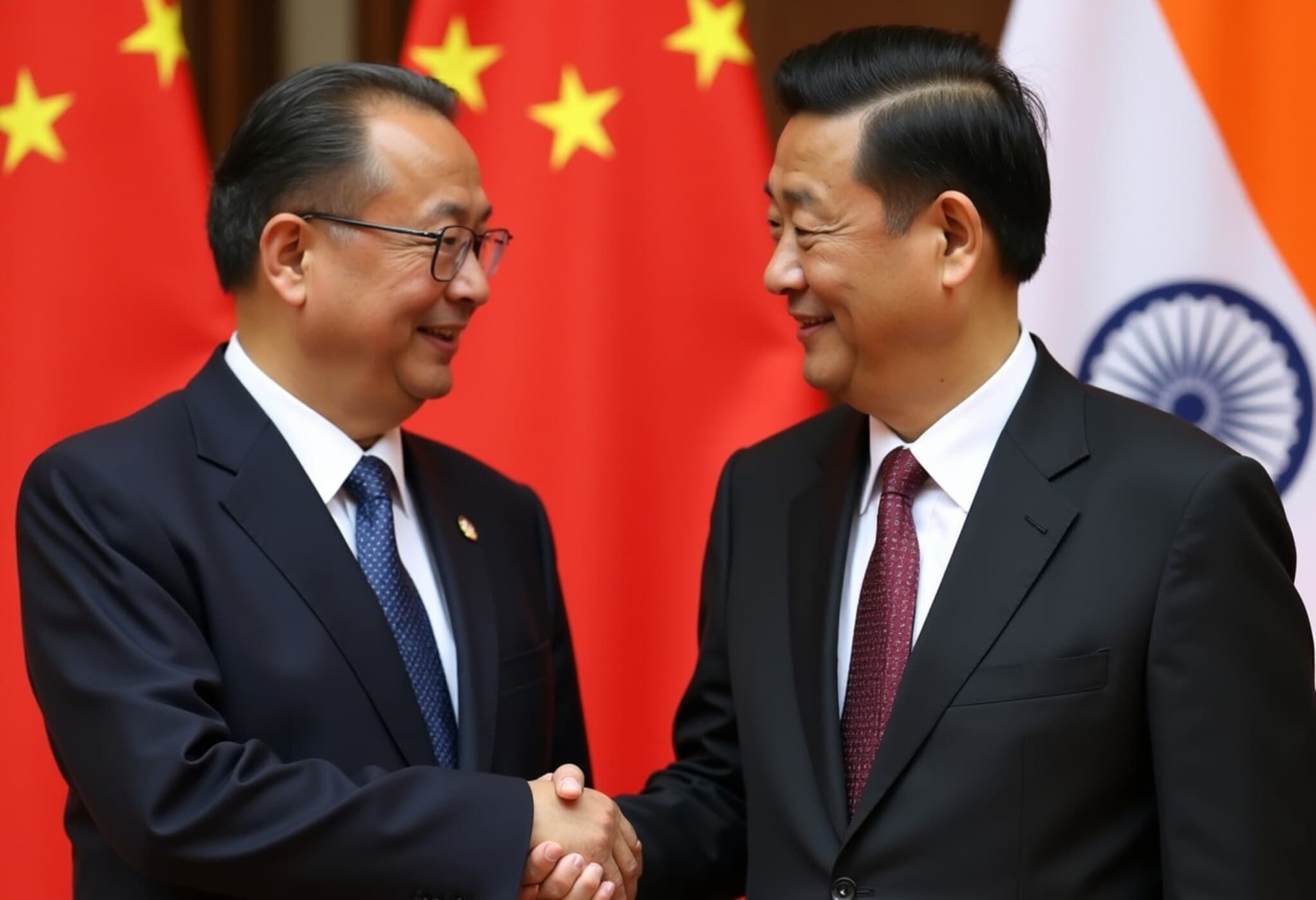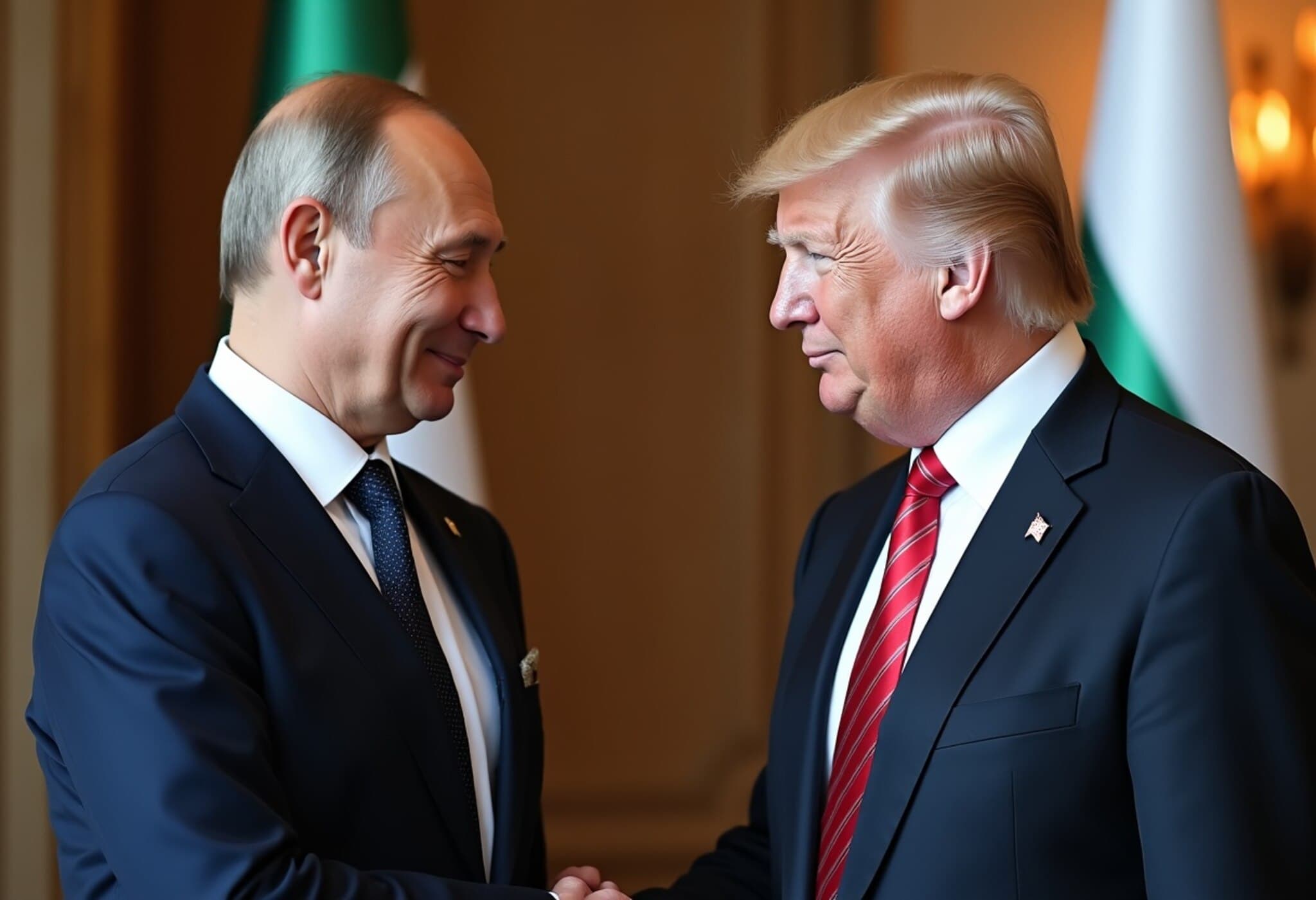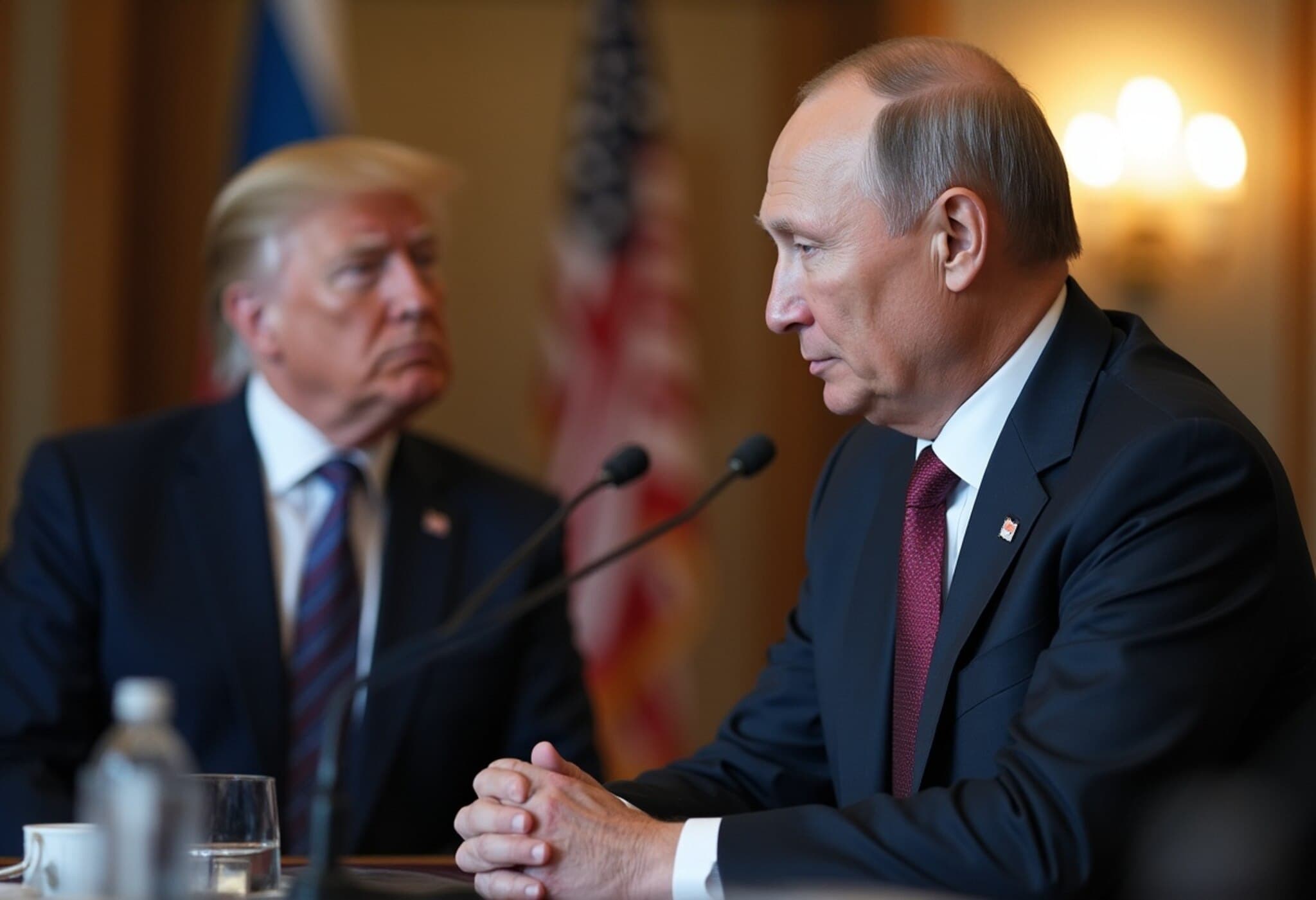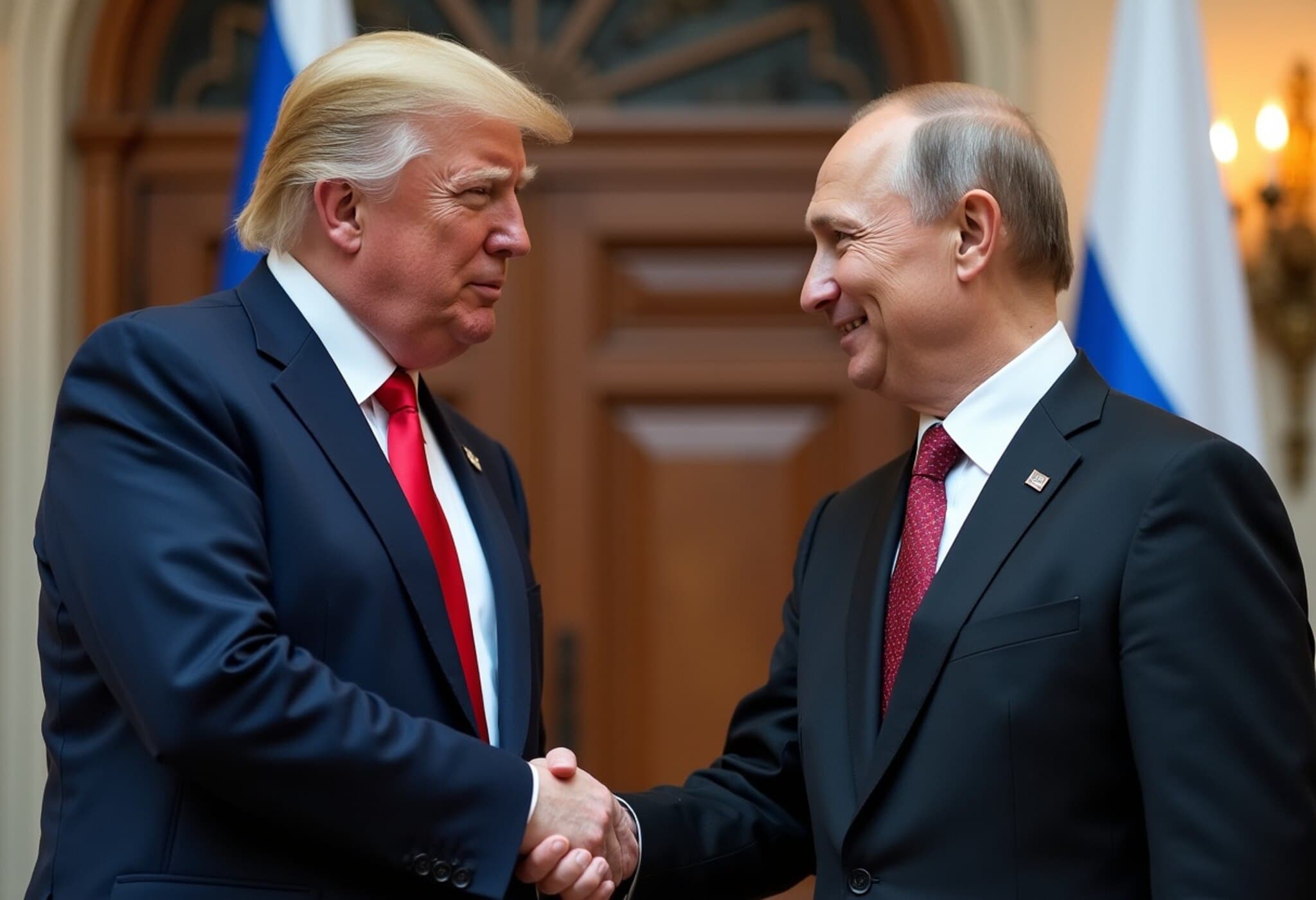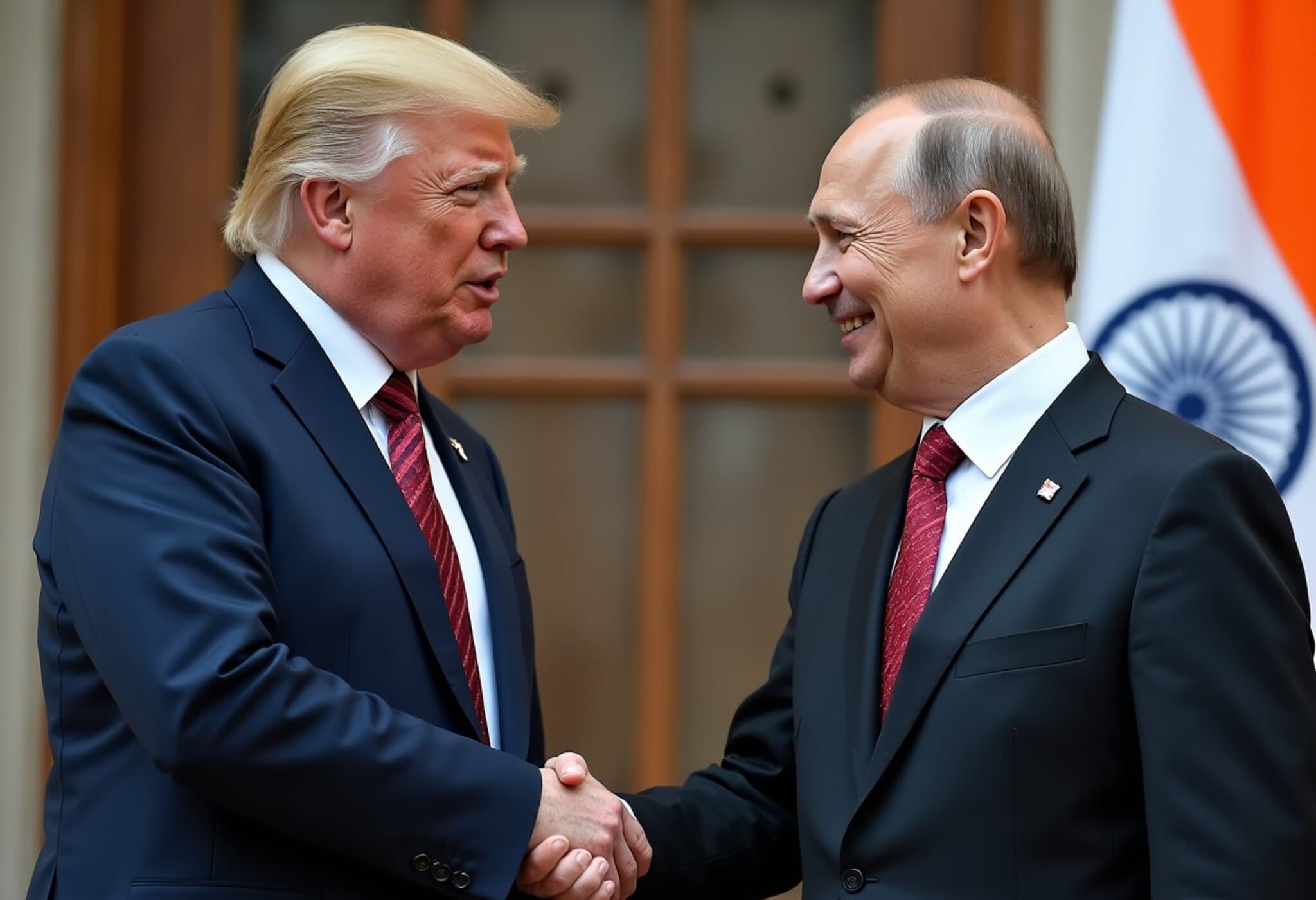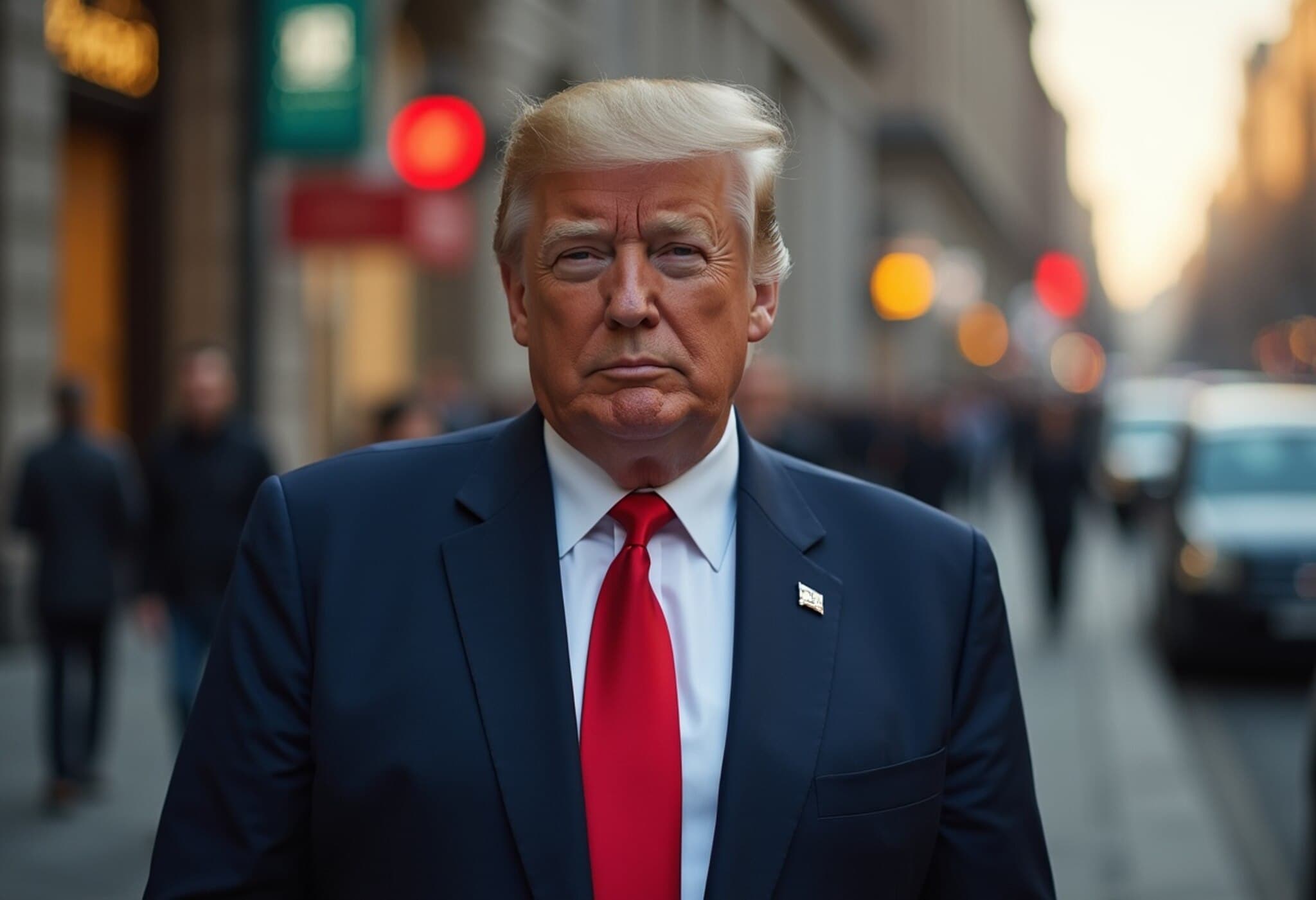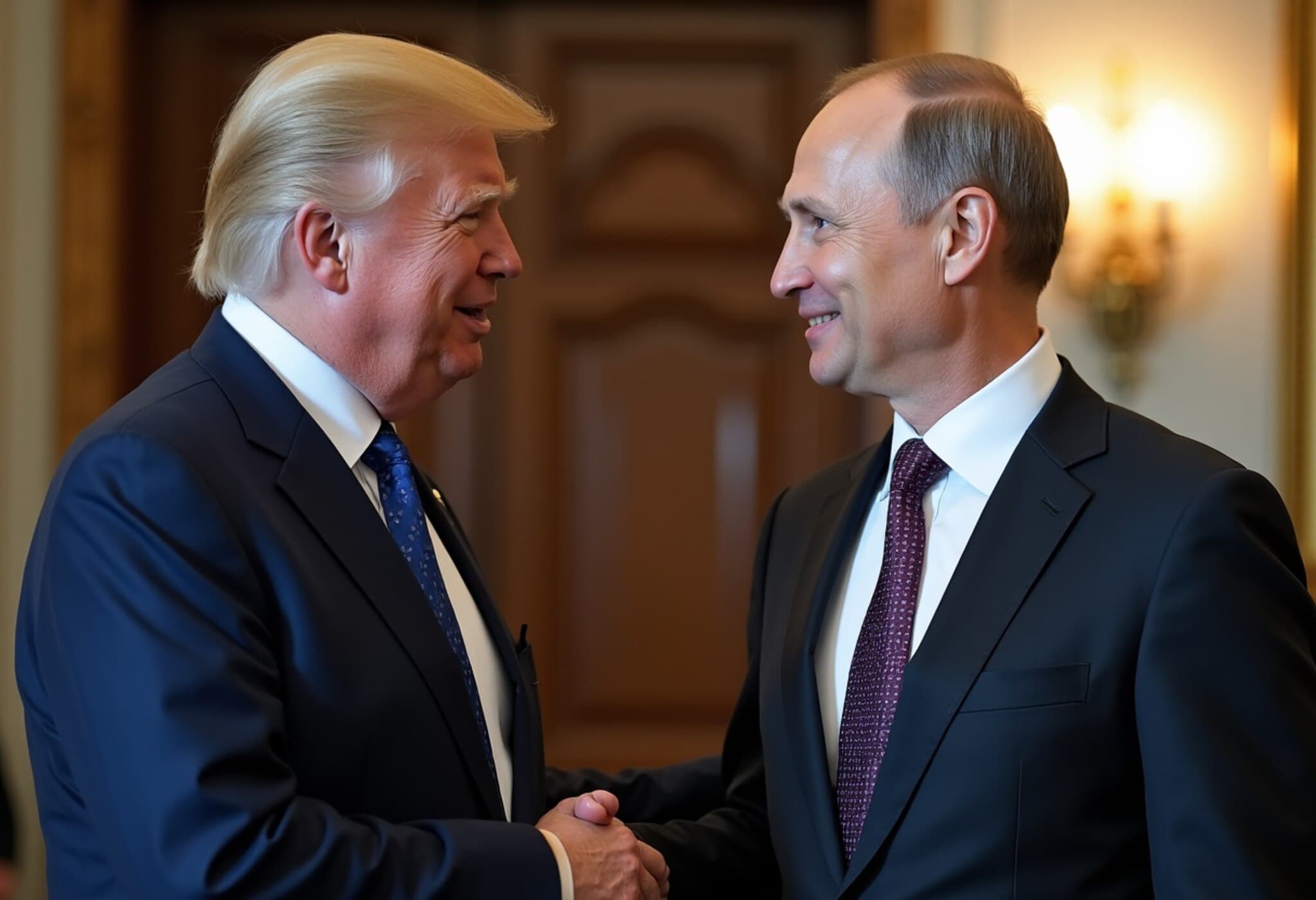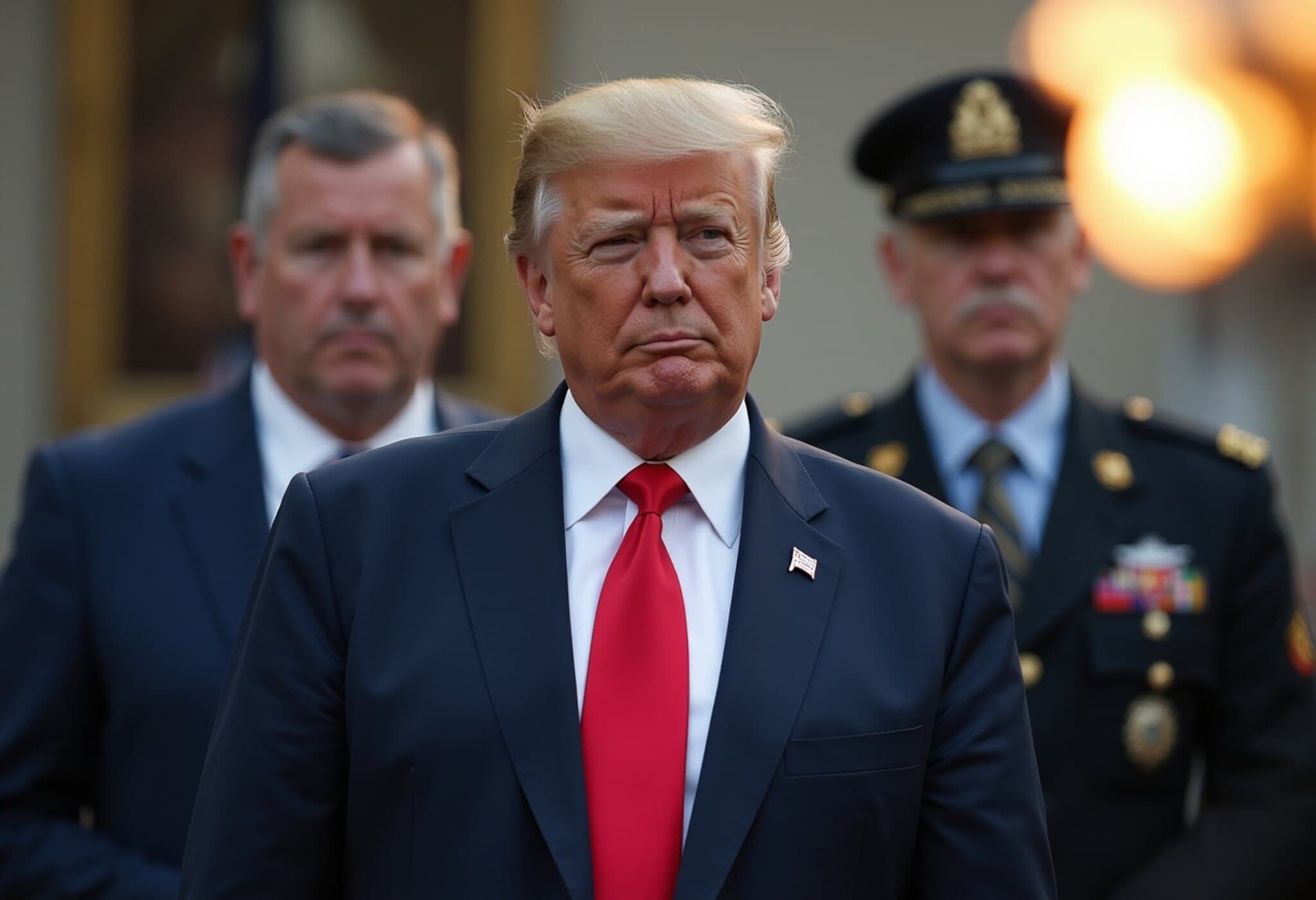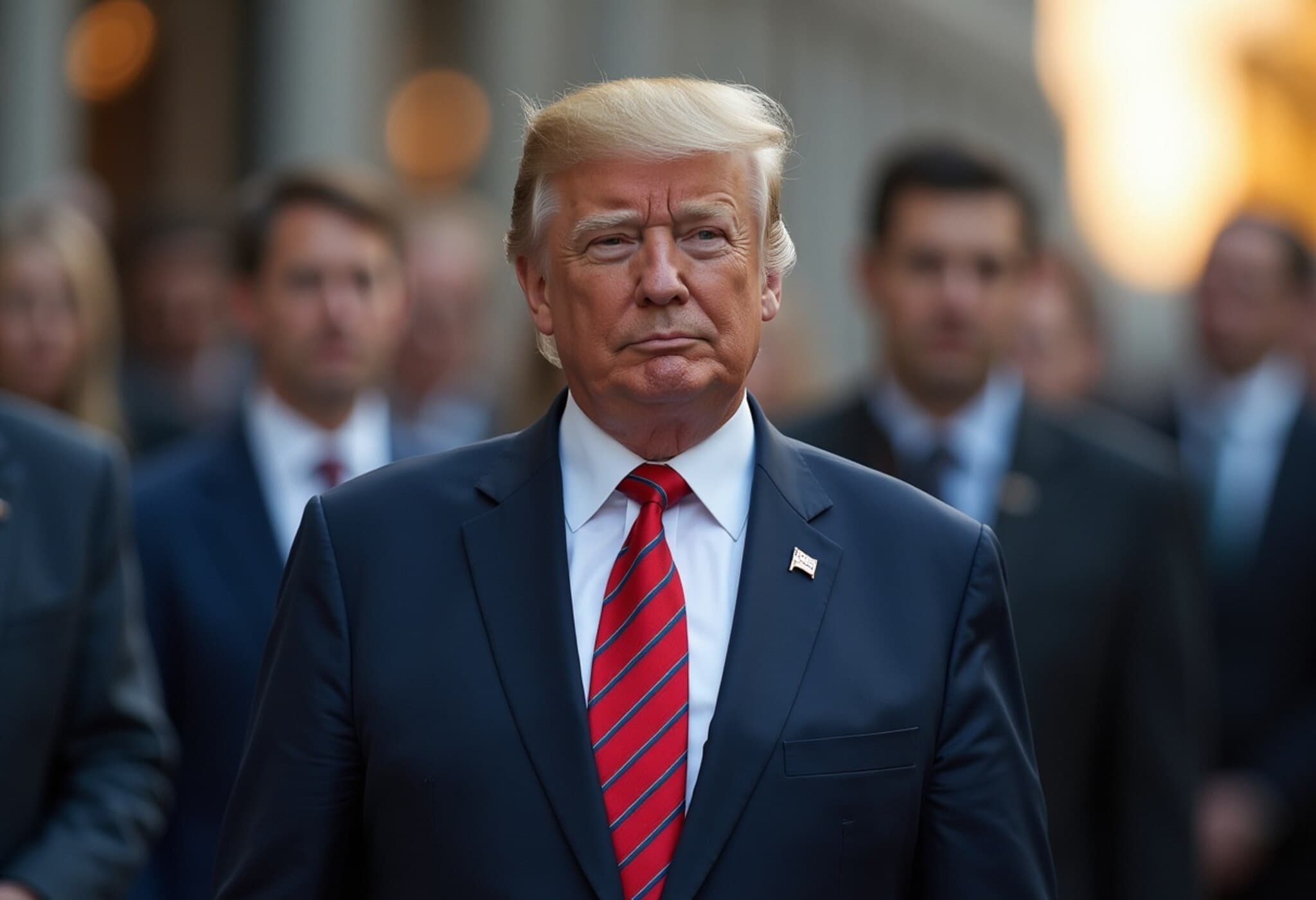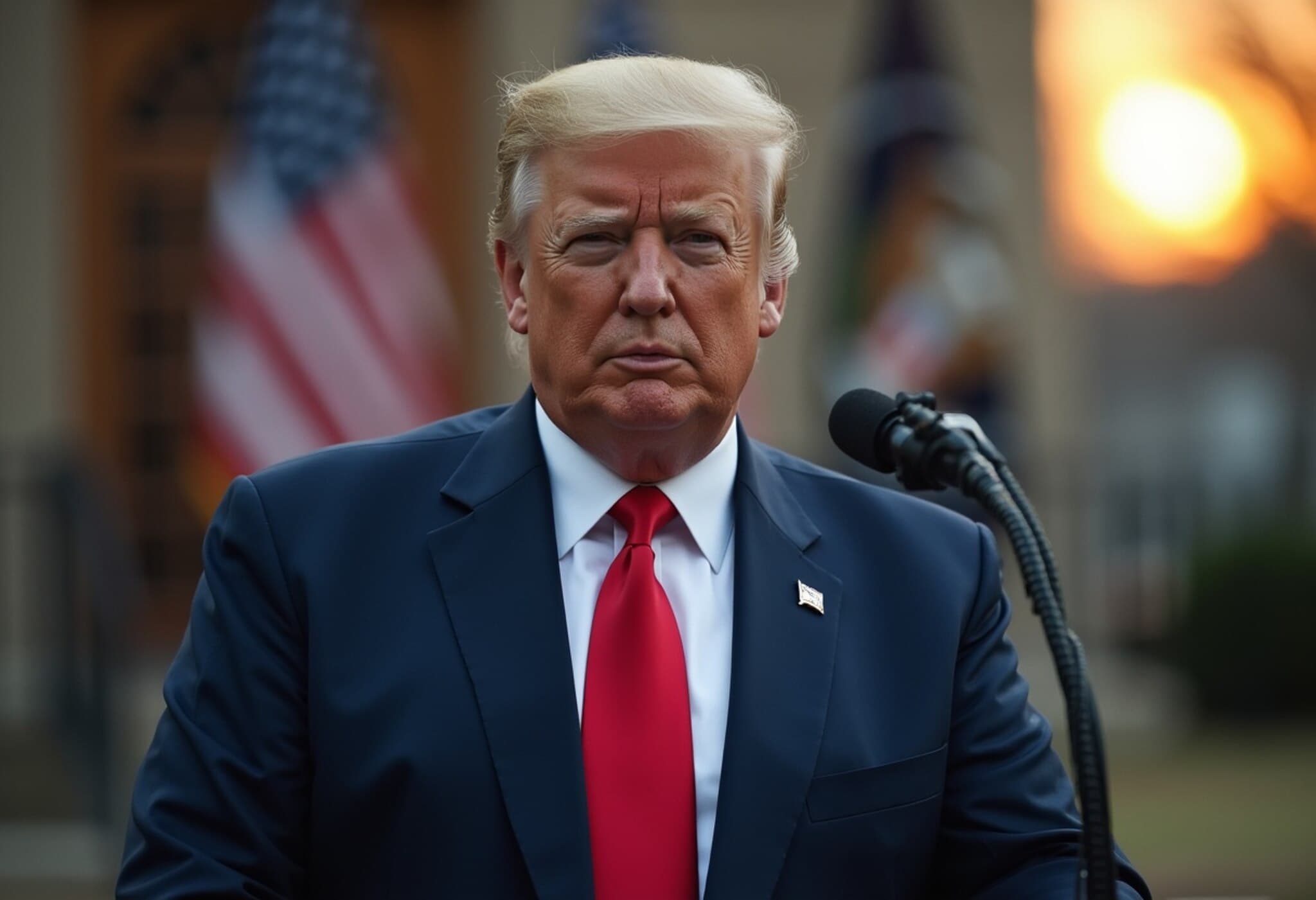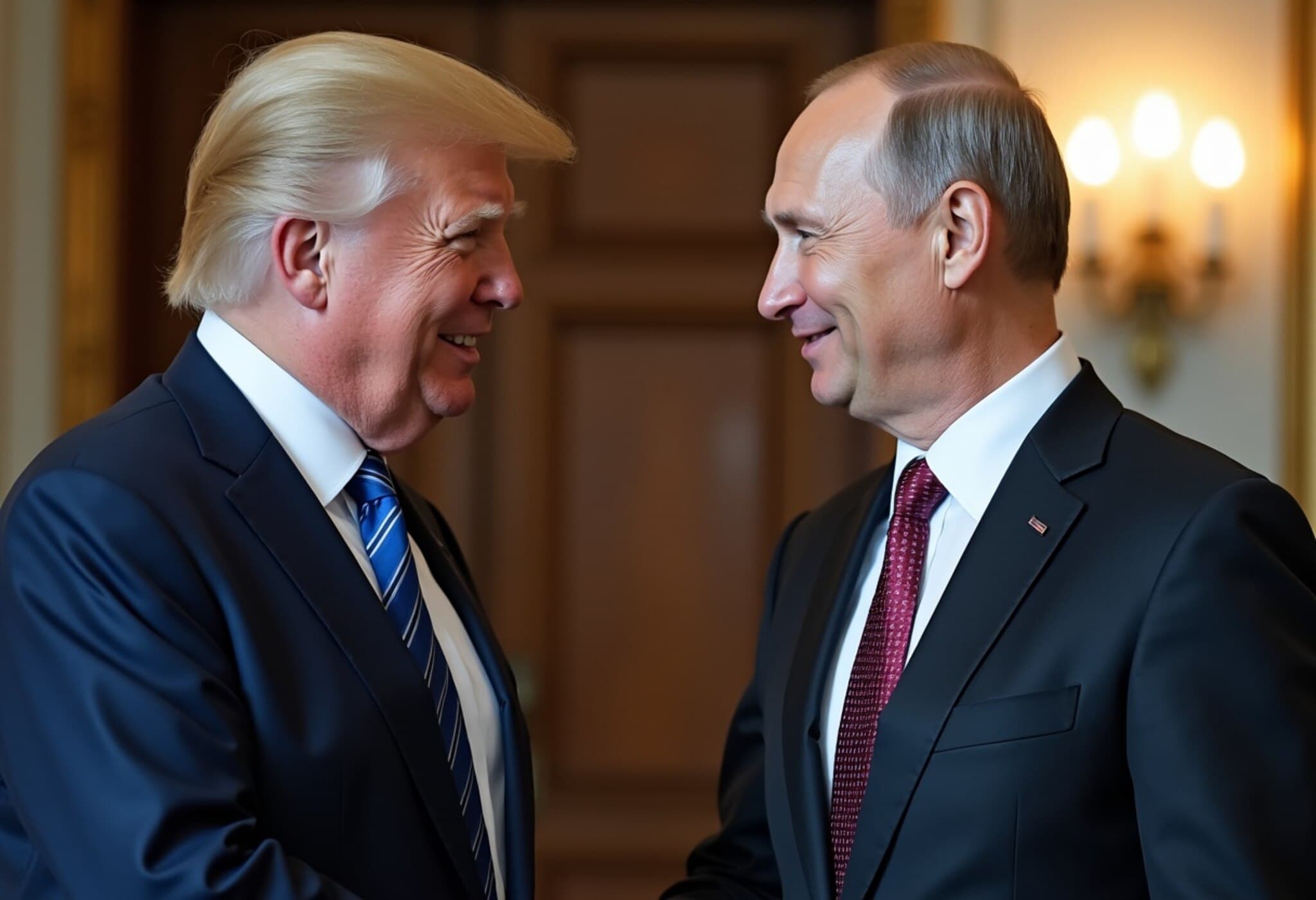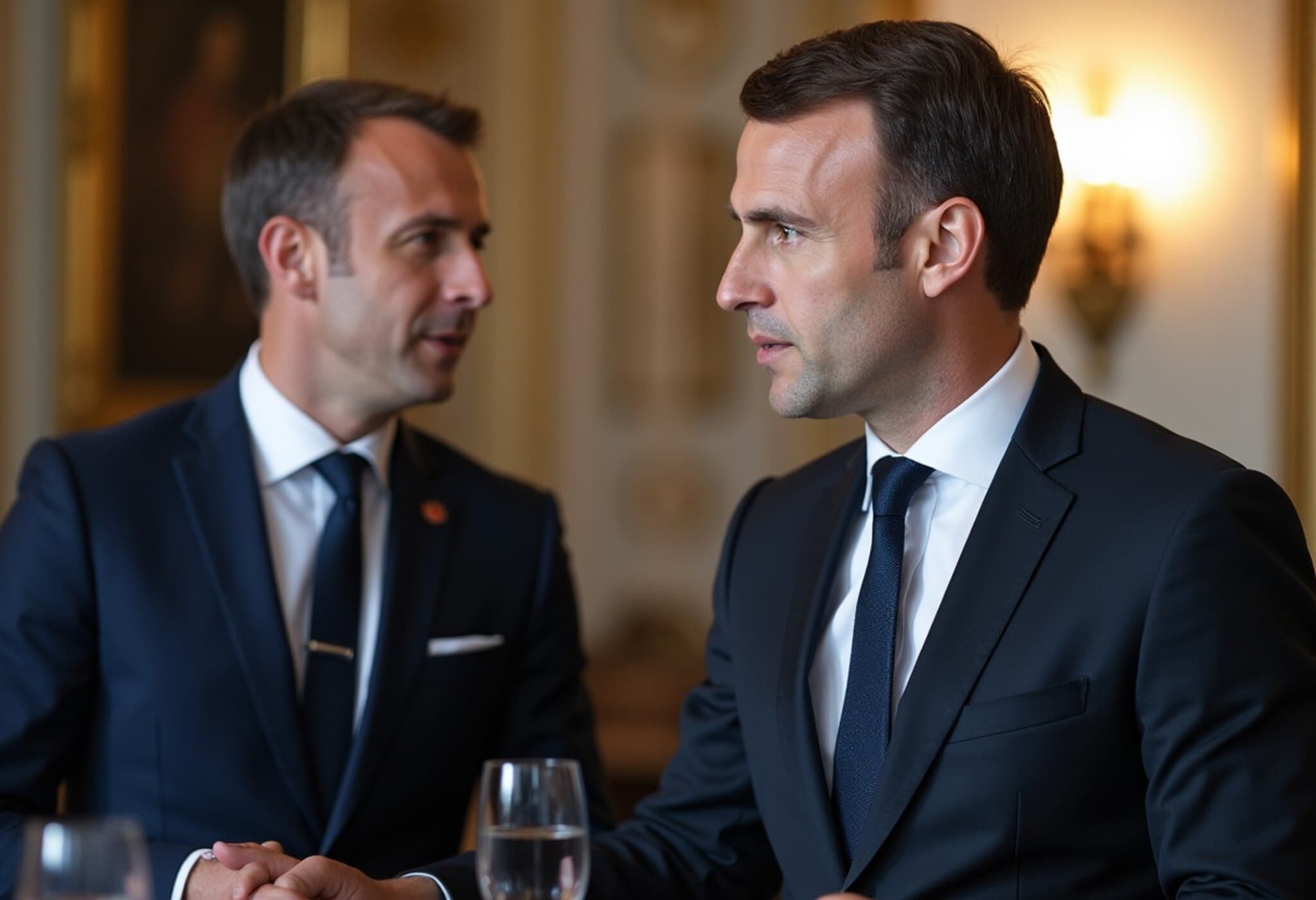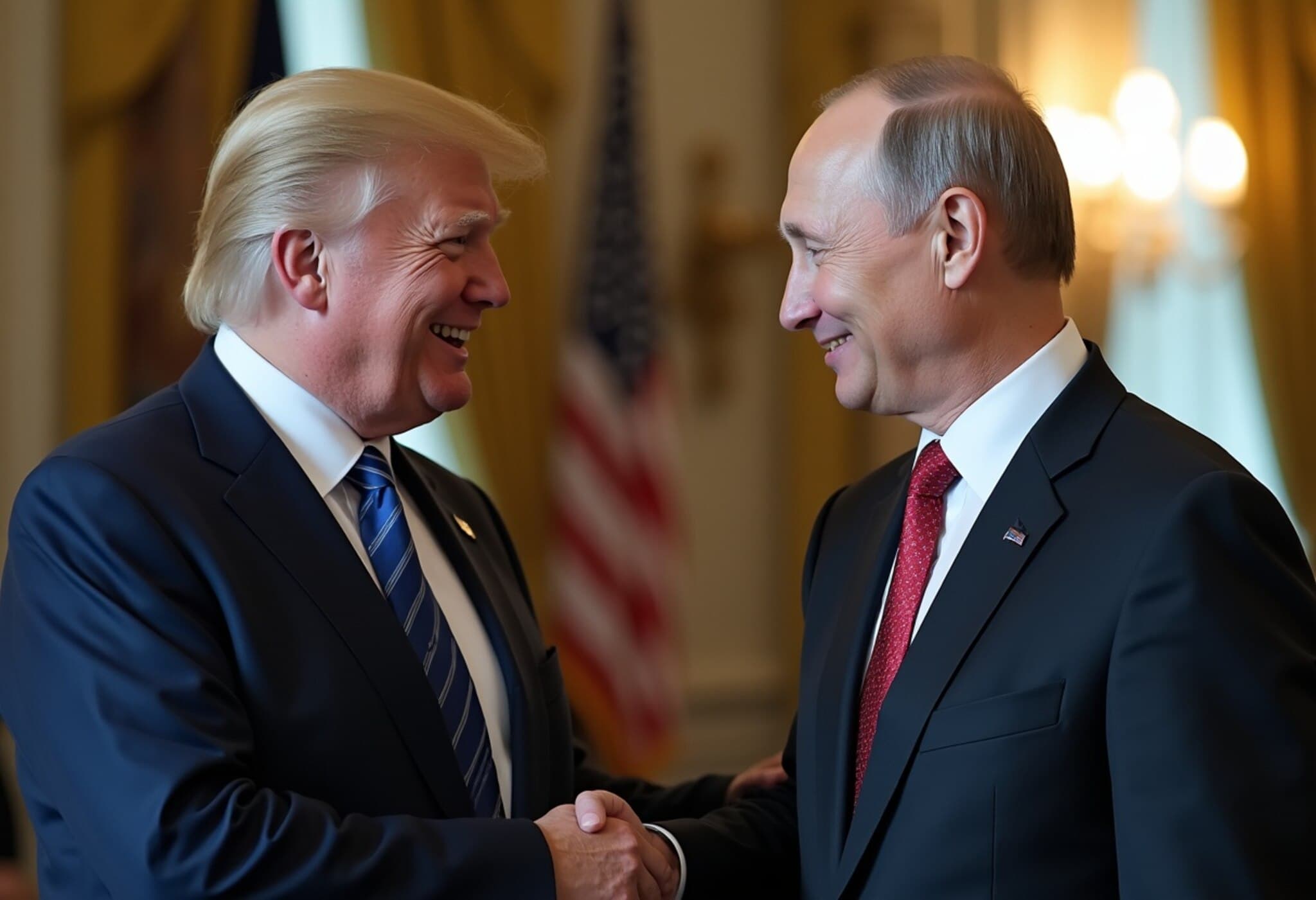Trump Claims Russia Accepts Security Guarantees for Ukraine
In a surprising diplomatic development, former US President Donald Trump announced on August 19, 2025, that Russian President Vladimir Putin has agreed to provide security guarantees for Ukraine, potentially laying groundwork for a peace settlement. This revelation emerged during high-stakes talks held at the White House, involving Trump, European leaders, and Ukrainian President Volodymyr Zelenskyy.
Breakthrough or Political Posturing?
Trump described the agreement as a “very significant step,” highlighting that Moscow’s acceptance marks a notable departure from its earlier stance. "President Putin agreed that Russia would accept security guarantees for Ukraine," Trump stated, emphasizing that the details regarding enforcement and responsibility allocation remain under discussion.
US envoy Steve Witkoff confirmed the significance of this shift, noting it could be a game-changer. For the first time, Russia reportedly acknowledged a framework akin to NATO-style protections for Ukraine, which until now has been a red line for Moscow.
European Leaders Push for Unity, Caution Emphasized
Alongside Trump, key European figures participated in the talks, underscoring a united front in support of Ukraine’s sovereignty and security. British Prime Minister Keir Starmer, French President Emmanuel Macron, and German Chancellor Friedrich Merz were present, each expressing their perspectives on the complex path ahead.
Chancellor Merz voiced a cautious approach, calling for a ceasefire before any further summit discussions. "I can’t imagine that the next meeting would take place without a ceasefire," he asserted, stressing the importance of halting hostilities to build trust in negotiations.
President Macron proposed a four-party meeting, involving European leaders, to address the broader security architecture of the continent. He stressed that Ukraine’s security cannot be isolated but should be part of a collective European guarantee.
Ukraine's Stance and Challenges Ahead
President Zelenskyy, joining the discussion remotely, reiterated Ukraine’s demand for a durable peace—one that does not replicate past failures involving Crimea and Donbas. Kyiv remains wary of any agreement involving territorial concessions, viewing such moves as dangerous precedents that could undermine its sovereignty.
Trump indicated that “possible exchanges of territory” could be discussed, a proposition that remains controversial and politically sensitive within Ukraine and among its allies.
Geopolitical and Policy Implications
- US Role and European Responsibility: Trump suggested the US would support Ukraine, but European nations should bear much of the defense responsibility, hinting at a strategic shift towards greater European burden-sharing.
- Security Guarantees Framework: The notion of NATO-style protections for Ukraine marks a potential shift in Moscow’s red lines, but how these guarantees would be implemented remains unclear.
- Ceasefire vs. Peace Deal: Divergent views between Western leaders like Merz and Trump highlight the challenge of balancing immediate cessation of hostilities with long-term political solutions.
Expert Perspectives
Experts caution that while Putin’s concession appears promising, skepticism remains warranted. Historically, Moscow has made statements that later proved tactical rather than substantive. Security guarantees must be verifiable and enforceable—factors that require robust international mechanisms.
From a US policy angle, this development may signal an attempt to recalibrate relations with both Russia and Europe, potentially easing the prolonged conflict’s burden on American resources while encouraging European integration in regional security.
Closing Reflections
This diplomatic episode comes amid ongoing Russian attacks on Ukrainian civilians, underscoring the desperate need for resolution. However, the path toward a lasting peace deal that respects Ukraine’s sovereignty while navigating complex geopolitical interests remains fraught with tension and uncertainty.

